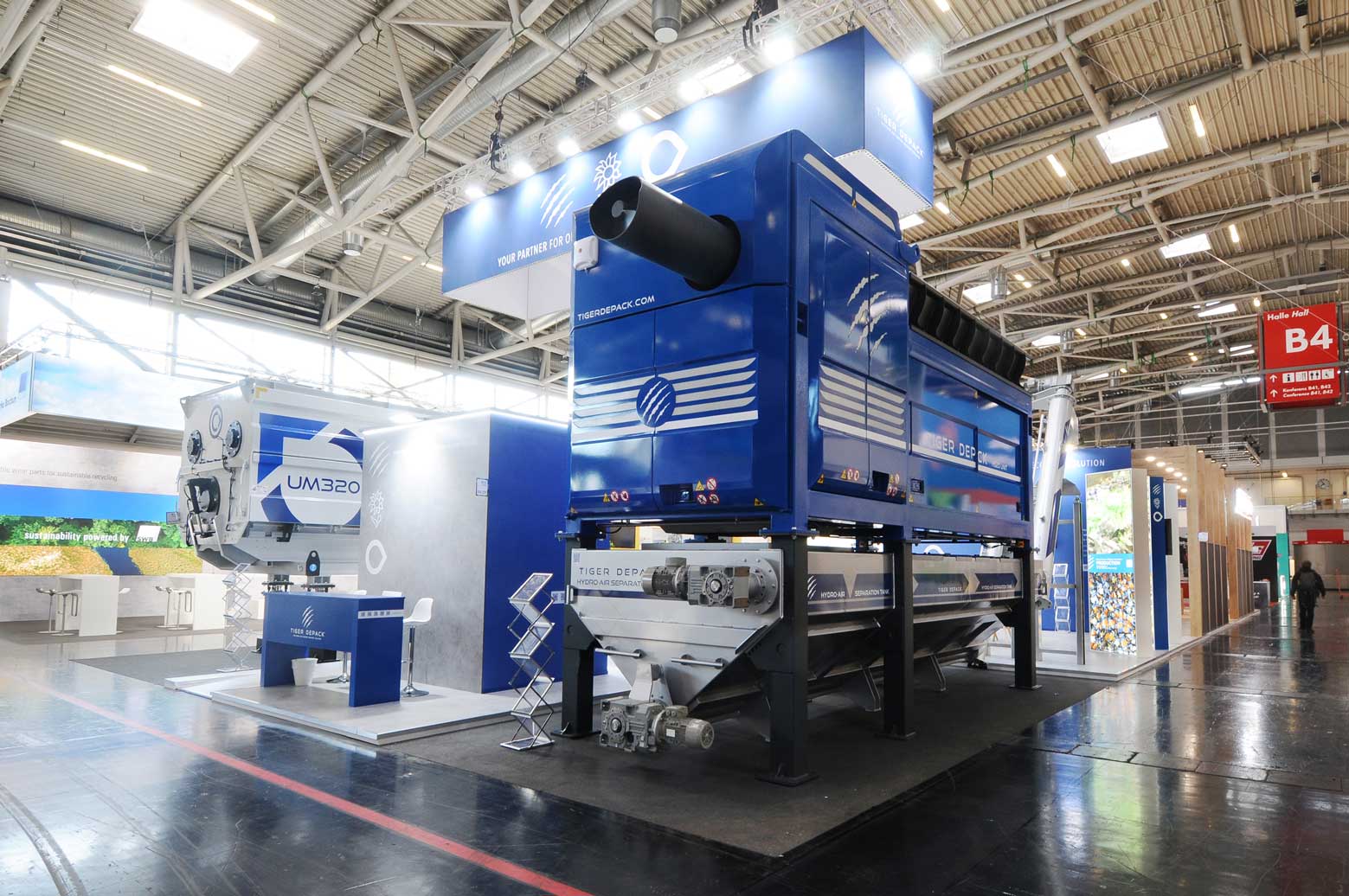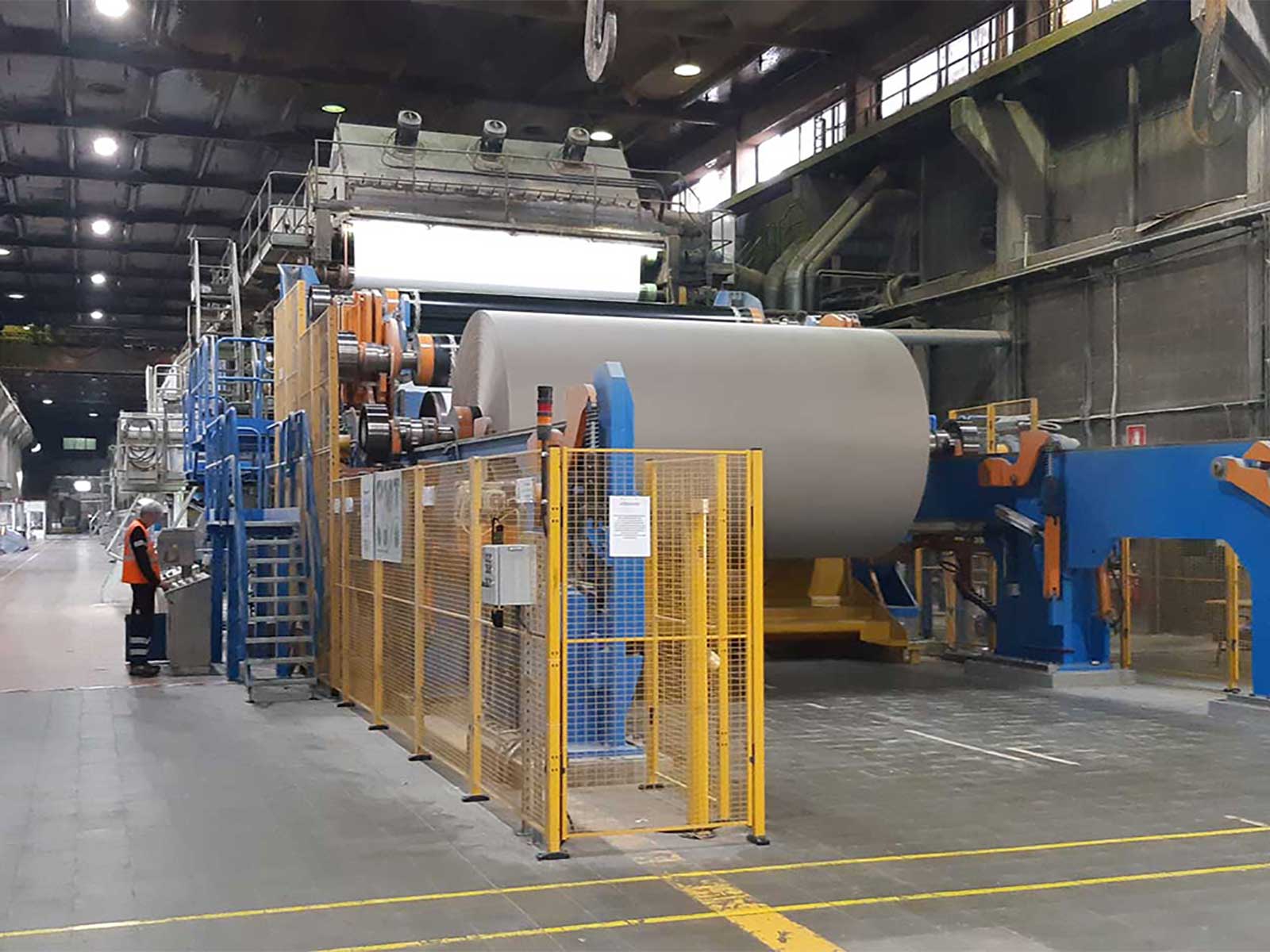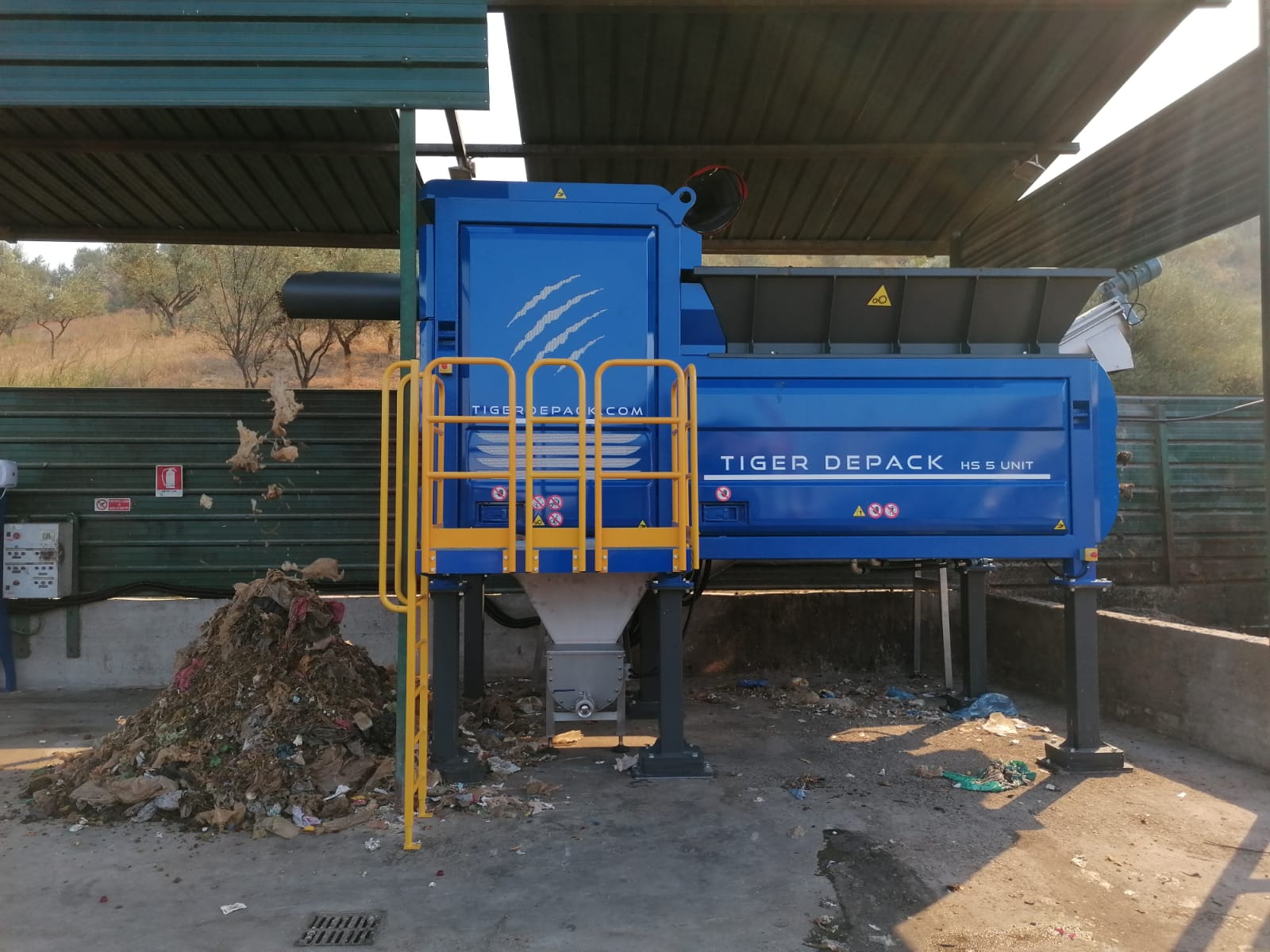Founded in 1948, Marin Sanitary Service (MSS) began when eight partners joined forces to handle waste collection in Marin County, California, USA. Today, MSS serves over 33,000 customers, with three generations of the Garbarino family contributing to its operations. Since its inception, MSS has expanded into three distinct divisions addressing all aspects of waste management, offering solid waste collection for local jurisdictions, recycling services, paper shredding, and operating a materials recovery facility. This facility processes all types of materials, utilizing cutting-edge equipment to recover recyclables, achieving a recovery rate of 73% in Q4 2023.
Industry Pioneers
Bioenergy Insight highlighted MSS as one of the first companies to introduce recycling many years ago. They asked what prompted the foresight that recycling would become a critical business component.
“Joe Garbarino, the innovator behind this idea, learned the value of sorting and selling recyclables from his father, who worked as a scavenger collecting rags, bottles, and cans in burlap sacks in San Francisco,” explained Loczi.
“While other haulers were focused on expanding landfills, Joe recognized the financial opportunity in sorting recyclables while diverting materials from landfills and setting an example for others to follow.”
Joe collaborated with local environmentalists to secure funding for the nation’s first countywide collection program. Despite challenges, Joe’s perseverance saw his initiatives succeed. By advocating for curbside recycling before the industry embraced it, Joe created a sustainable recycling model for California and the nation.
Regulatory Changes
Waste collection has evolved significantly since those early days, driven by impactful legislation. Loczi pointed to California’s AB 939 from 1989 and, more recently, SB 1383, which mandates a 75% reduction in organic materials in landfills by 2025 compared to 2014 levels.
“While Marin Sanitary has encouraged customers to comply, starting January 1, 2024, county officers may issue violations and financial penalties for non-compliance,” Loczi added.
“Although Marin Sanitary has been recovering organic waste for over 20 years, this legislation has compelled businesses and residents in Marin County to do their part in diverting organic waste from landfills. The law also justified acquiring the Tiger Depack system to help recover more organics destined for disposal.”
Tiger Depack System
MSS proudly owns a Tiger Depack separation system. Bioenergy Insight inquired why the company chose this machine.
“We selected the Tiger Depack for several key reasons after conducting thorough research, including reviewing U.S.-made machinery,” said Loczi.
Ultimately, MSS chose the Tiger for five main benefits:
- Efficient loading design;
- Reduced processing times;
- Easy maintenance access;
- Superior material quality output;
- Operation requiring only one person (as opposed to four).
“Thanks to this, we’ve found that Tiger Depack significantly reduces labor and processing time, enabling more efficient material handling and increased productivity.”
CEO Joe Garbarino added, “Our previous machine was less effective at separating contaminants from organic material. This is an exceptional piece of equipment.”
Program Expansion
In June 2023, MSS expanded its Food-to-Energy program with a new initiative called Packaged Organic Waste Energy Recovery (POWER). This allows commercial clients to combine packaged food waste with loose food scraps for collection.
“Grocery stores, markets, and packaged food manufacturers save on labor costs by combining packaged and loose food waste into one bin for processing with the Tiger. Door-to-door collection is included in the regular services offered to commercial clients,” Loczi explained.
“With the POWER program’s expansion, we can also accept excess material from other haulers and deliveries from food producers or distributors in surrounding areas. These deliveries have added an average of 40–60 additional tons of food waste per month to CMSA, with numbers continuing to grow.”
Consumer Education
Bioenergy Insight asked how crucial MSS considers consumer education to recycling success.
“Educating customers helps us standardize, simplify, and positively influence their waste disposal habits,” said Loczi. “It’s an ongoing effort that evolves with the industry. To keep up with these changes, we provide various resources for our customers.”
Loczi also noted that while education is key to diverting waste from landfills, the rise of “greenwashing” and “wish-cycling” has confused consumers. “Products marketed as ‘compostable’ often fail to meet their claims, causing more harm than good. As new recycling models emerge with varying success rates, keeping customer education up-to-date remains a constant challenge.”
For the remainder of the year, education will remain a priority to raise awareness of proper organic waste disposal and increase the capture of recyclable materials.
“We’re also focused on meeting state mandates for zero-emission vehicles, which may become necessary as volumes increase for the Food-to-Energy and POWER programs,” Loczi concluded.
For more information:


